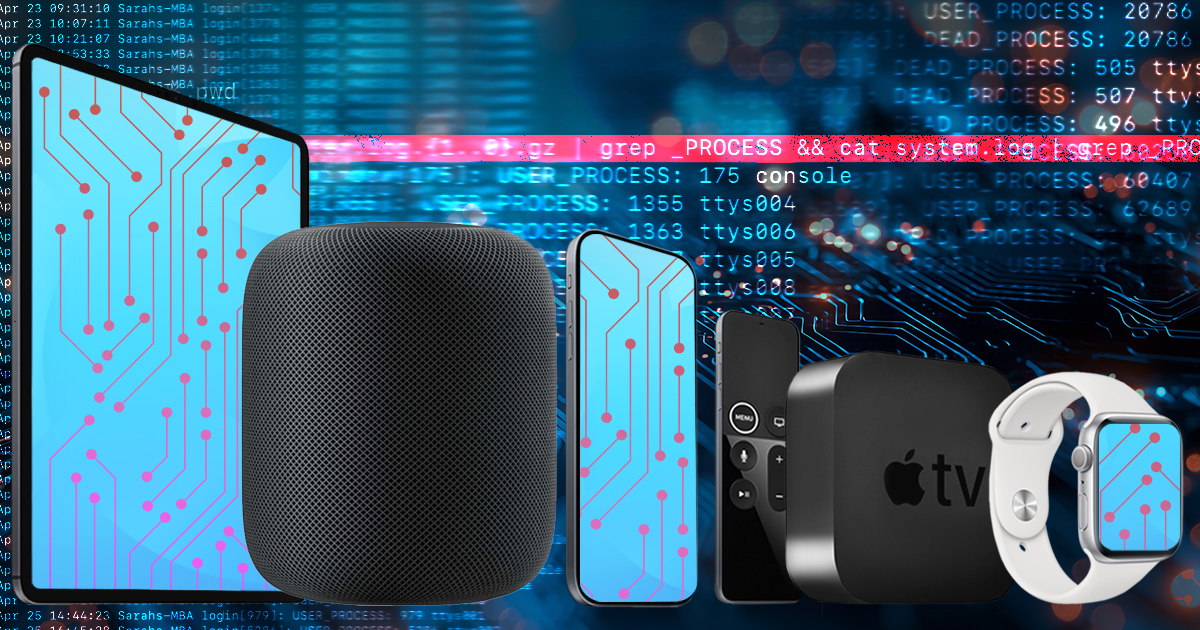To perform an iCloud extraction, a valid password is generally required, followed by solving the two-factor authentication challenge. If the user’s iPhone is everything that you have, the iCloud password may not be available. By using a trusted device, one can gain unrestricted access to everything that is stored in the user’s iCloud account. This article gives a comprehensive walkthrough on this alternative authentication method.
We all know how much important data is stored in modern smartphones, making them an excellent source of evidence. However, data preservation and acquisition are not as easy as they sound. There is no silver bullet or “fire and forget” solutions to solve cases or extract evidence on your behalf. In this article, which is loosely based on our three-day training program, we will describe the proper steps in the proper order to retain and extract as much data from the iPhone as theoretically possible.
Today’s smartphones and wearable devices collect overwhelming amounts of data about the user’s health. Health information including the user’s daily activities, workouts, medical conditions, body measurements and many other types of information is undoubtedly one of the most sensitive types of data. Yet, smartphone users are lenient to trust this highly sensitive information to other parties. In this research, we’ll figure out how Apple and Google as two major mobile OS manufacturers collect, store, process and secure health data. We’ll analyze Apple Health and Google Fit, research what information they store in the cloud, learn how to extract the data. We’ll also analyze how both companies secure health information and how much of that data is available to third parties.
Forget battery issues. Yes, Apple issued an apology for slowing down the iPhone and promised to add better battery management in future versions of iOS, but that’s not the point in iOS 11.3. Neither are ARKit improvements or AirPlay 2 support. There is something much more important, and it is gong to affect everyone.
With over 1.3 billion monthly users, WhatsApp is the most popular instant messaging tool worldwide, and Android is the most popular mobile operating system by far. This makes WhatsApp acquisition from Android devices essential for the law enforcement. Elcomsoft Explorer for WhatsApp 2.30 can now download and decrypt Android user’s encrypted WhatsApp communication histories stored in Google Drive. If you have access to the user’s trusted phone number or their physical SIM card (to receive a verification code from WhatsApp), you can now use Elcomsoft Explorer for WhatsApp to download, decrypt and display WhatsApp communication histories backed up into the user’s Google Account. Surprisingly, a cloud backup may, in certain cases, contain even more information than stored on the device itself. This particularly applies to attachments (photos and videos) sent and received by WhatsApp users and then deleted from the device.


